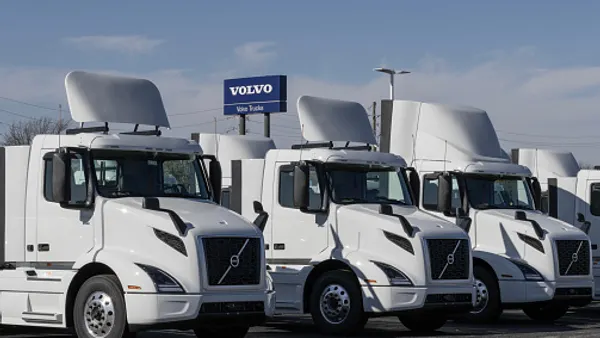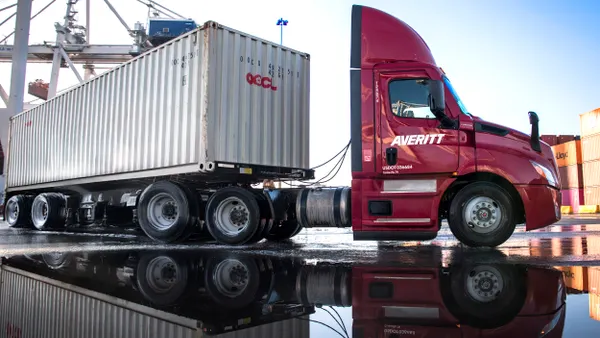The safe and secure delivery of your company’s freight is likely your top priority so it's important that the transportation provider you work with makes safety its top priority, too. How can a shipper tell if a carrier prioritizes safety? These are some of the qualities you should look for in a safety-first carrier.
Encourage participation in safety programs
The transportation provider you trust with your freight should support your safety efforts by offering a collaborative, customer-centric safety program. Look for a carrier whose initiatives include plans to address:
- packing procedures
- proper securement
- prevention of loading and unloading delays
- identification of potential route issues
- industry standards and requirements
Through this mutual understanding between a shipper and its transportation provider, these programs will raise safety awareness and help shippers build efficiency and productivity.
Establish safety representatives
Your transportation provider should be able to dedicate a safety representative to your company. This representative is your ambassador of safety and should serve as your single point of contact to answer any safety questions and help develop a safety plan unique to your supply chain. As you work closely with a safety representative, you may discover new ways to lower operating costs, identify potential issues and reduce the likelihood of potential incidents.
Regular safety meetings and conference calls
A safety-first carrier should host ongoing meetings and conference calls with drivers, safety, compliance and operations personnel and shippers to discuss safety-related topics. These regular safety discussions keep everyone involved in the transportation of your freight on the same page and up-to-date on the latest safety news.
Network of safe truck operators
Your carrier should have a reputation of being one of the safest transportation networks in the industry. That reputation is reflective of the carrier's network of drivers, whether they be independent owner-operators or company drivers. Landstar, for example, has strict owner-operator qualification requirements that reassure shippers that their freight is being handled by some of the safest operators in the industry.
Proof of compliance
Shippers should always vet the carrier they are considering to transport their freight. Make sure to ask for proof of operating authority, permits and the carrier's safety rating. Depending on the commodity - such as hazardous materials - you also will need to confirm that the carrier is properly certified to handle your freight.
Safety is a team effort that shippers and their transportation providers should work together to achieve. Before handing over your freight to a carrier, make sure it prioritizes safety as much as, if not more than, you do.









